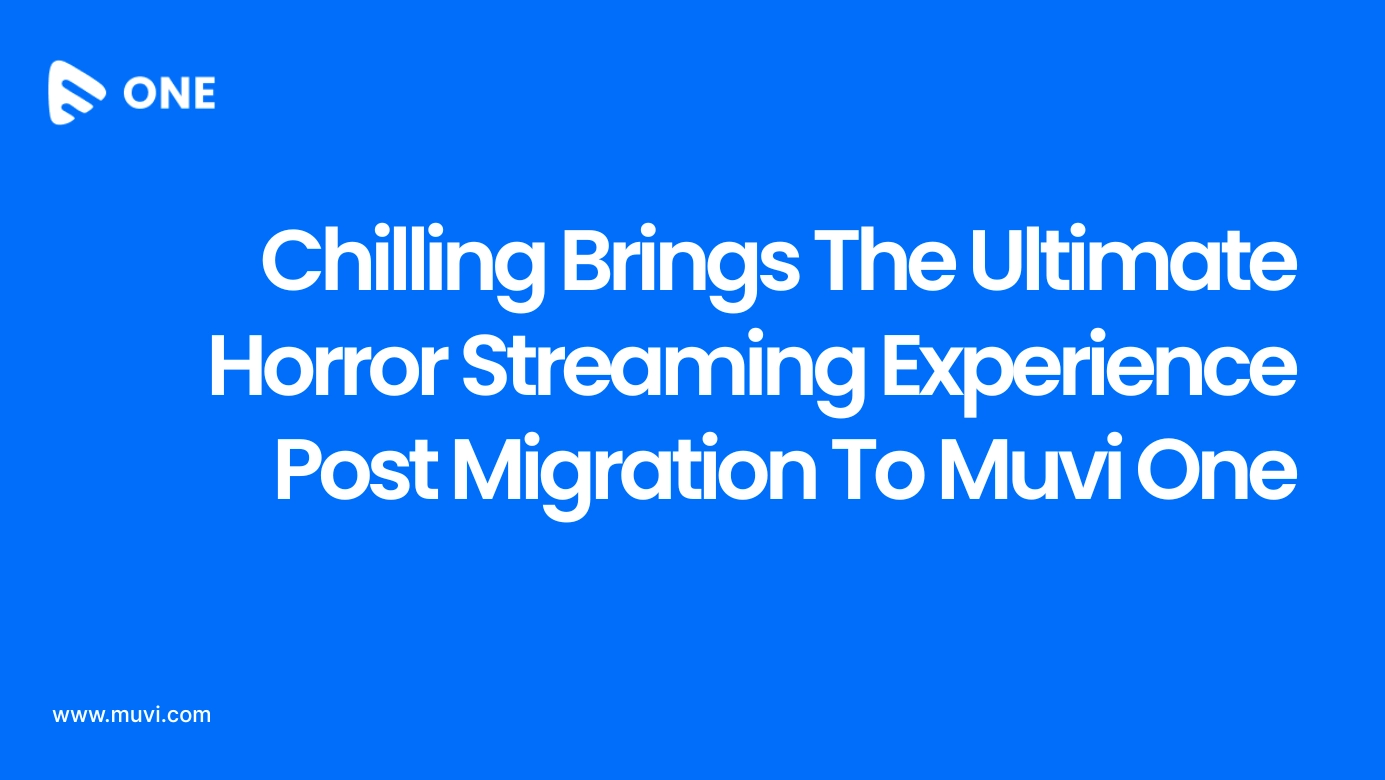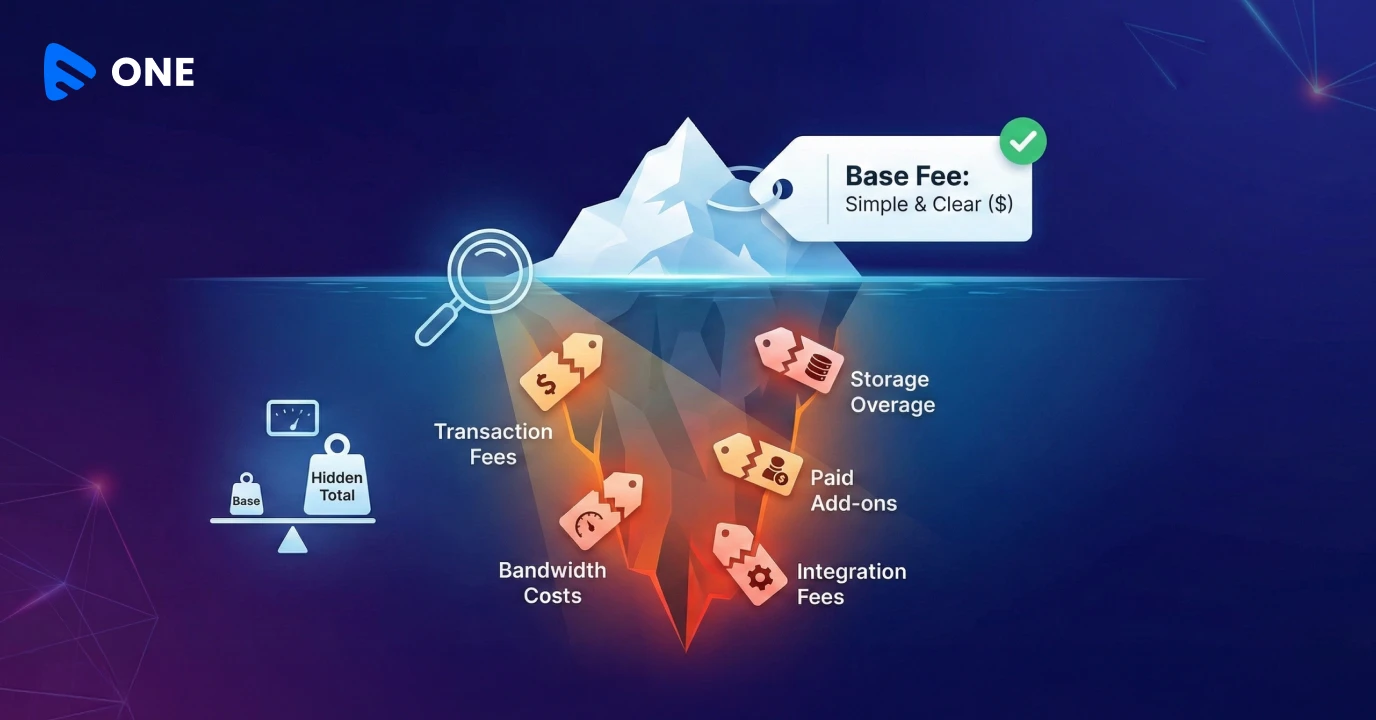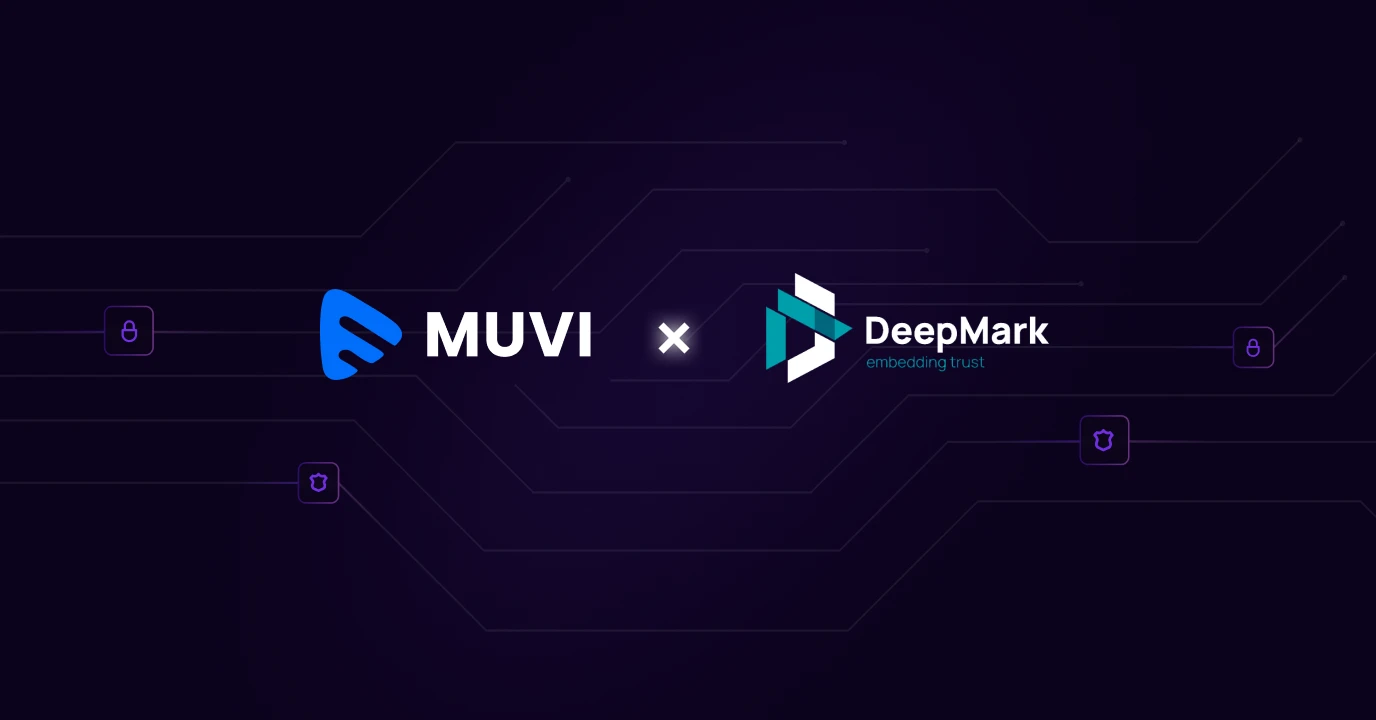Amateurs just starting out to podcasts are often intrigued with the question’ how do I distribute my podcast’ or ‘where do I host my podcast’? The answer to the question is simple – podcast hosting platforms! A podcast hosting platform is the most important foundation to create your own podcasts/podcasts for your brand/business.
With the global podcast market expected to reach over $30 billion by 2030, podcasts are no longer just a content trend—they’re a full-blown business model. Whether you’re an independent creator, a brand, or an enterprise, podcasts offer a powerful way to build loyal audiences and monetize your voice.
In this blog we will educate you on the best podcast hosting platforms in 2026, features of a good podcast hosting platform and a lot more. Keep on reading!
What are Podcast Hosting Platforms?
Podcast hosting platforms are a software service that stores your podcast audio files and delivers them to listeners acting as the bridge between your content and podcast directories or apps.
Podcast hosting platforms store, distribute/deliver the audio media files. Just like YouTube or Vimeo hosts videos, a podcast needs a hosting platform to store and distribute its audio files to Spotify, Apple Podcasts, and the like.
The features/solutions of a podcast hosting platform include-
- Audio file storage and delivery
- Multiple audio formats support
- RSS feed generation & syndication
- Monetization tools (ads, subscriptions, sponsorships)
- Episode scheduling and management
- Embeddable players for websites
- Multi-platform distribution (Spotify, Apple, Google, etc.)
- Multiple monetization models
- Both live audio streaming and on-demand audio content support
- Analytics
Choosing a Podcast Host: Key Factors to Consider
Selecting the right podcast hosting platform is a crucial step in your podcasting journey. With so many podcast hosting options available, it’s important to evaluate each podcast host based on features that align with your goals. Start by considering storage and bandwidth—your hosting platform should offer scalable solutions to accommodate your growing library of podcast episodes and an expanding audience. Pricing models are another key factor; look for flexible plans that fit your budget and allow you to upgrade as your podcast grows.
Customer support is essential, especially if you encounter technical issues or need guidance on optimizing your podcast. A user-friendly interface makes it easy to upload, manage, and distribute your podcast episodes, saving you time and effort. Advanced features such as detailed analytics, robust marketing tools, and seamless distribution to top podcast directories like Apple Podcasts and Spotify can significantly enhance your reach and engagement. The best podcast hosting platforms also provide tools to optimize podcast promotion strategies, helping you attract and retain listeners.
By carefully weighing these factors—storage, pricing, support, usability, analytics, marketing, and distribution—you can choose a podcast hosting platform that supports your podcast’s growth and sets you up for long-term success in the competitive world of podcasts.
Free and Paid Podcast Hosting Options
When it comes to podcast hosting, you’ll find both free and paid options, each catering to different needs and stages of podcasting. Free podcast hosting platforms, such as those offered by Podbean and Buzzsprout, are ideal for beginners or those launching their first podcast. These platforms typically provide basic features like episode hosting and distribution, making it easy to get started with just a few clicks. However, free podcast hosting often comes with limitations on storage, bandwidth, and advanced features, and may include ads or the hosting platform’s branding on your podcast.
Paid podcast hosting platforms, on the other hand, unlock a suite of advanced features designed for professional podcasters and growing shows. With paid options, you can access unlimited storage, advanced analytics, and priority customer support. Many paid hosting platforms offer specialized services like video podcast hosting, dynamic ad insertion, and private podcasting for members-only or exclusive content. These features are especially valuable for podcasters looking to monetize their shows, host multiple podcasts, or deliver high-quality video podcasts.
When deciding between free and paid hosting platforms, consider your current needs and future ambitions. If you plan to scale your podcast, release frequent episodes, or require advanced analytics and monetization tools, investing in a paid hosting platform can provide the flexibility and support you need to grow your podcast into a successful podcasting venture.
Tracking and Analytics: Measuring Your Podcast’s Success
It is essential to understand your audience and measure your podcast’s performance for building a successful podcast. A robust podcast hosting platform should offer advanced analytics that go beyond basic download counts. Look for hosting platforms that provide detailed insights into listener behavior, such as engagement rates, retention, and geographic distribution.
Advanced analytics tools can display interactive maps showing where your listeners are tuning in from, as well as charts highlighting fan favorite apps and podcast players. These insights help you identify which podcast episodes resonate most with your audience and which platforms drive the most engagement. By analyzing this data, you can refine your content strategy, optimize podcast promotion strategies, and make informed decisions about marketing and monetization.
Leveraging advanced analytics not only helps you track your podcast’s growth but also empowers you to connect more effectively with your audience, ensuring your podcast remains relevant and successful in a crowded market.
Distribution and Reach: Getting Your Podcast Heard
Maximizing your podcast’s reach is essential for building a loyal audience and growing your show. A top-tier podcast hosting platform should make it easy to distribute your podcast to all major podcast directories, including Apple Podcasts, Spotify, and Google Podcasts, as well as other popular listening apps. Many hosting platforms, such as Captivate and Podbean, offer one-click distribution, allowing you to publish your podcast across multiple platforms with minimal effort.
In addition to directory distribution, features like automatic RSS feed generation and support for podcast networks can help independent podcasters and businesses expand their reach even further. By joining podcast networks or leveraging the distribution tools provided by your hosting platform, you can tap into new audiences and increase your podcast’s visibility.
Effective distribution ensures that your podcast is accessible to listeners wherever they prefer to tune in, whether through fan favorite apps or emerging podcast directories. By prioritizing a hosting platform with robust distribution capabilities, you set your podcast up for success and make it easier for new listeners to discover your content in a crowded podcasting ecosystem.
Best Podcast Hosting Platforms for 2026
1. Muvi One
Muvi One offers a comprehensive podcast hosting platform with innovative features to streamline podcast content hosting, distribution, management, and monetization. Muvi One stands apart by offering audio + video podcasting in a fully-branded streaming environment. With no-code tools, creators can launch their own Spotify-like app or website, complete with monetization, analytics, and DRM security.
Not only podcasting but it offers an extensive solution for audio/music streaming – both live and on-demand. Designed to deliver industry-grade audio streaming and podcast hosting solution, the pros and cons of Muvi are as shown below –
Pros
- Fully featured own branded app and website to target 20+ platforms, devices, and ecosystems like Android, iOS, and Roku, to name a few
- Supports multiple formats of audio tracks and files such as MP3, ACC, WAV etc.
- Dedicated content partner portal that allows multiple partners to contribute their content such as podcasts, music and others that you can monetize and increase your revenue
- Multiple monetization models
- Multi-DRM protected secure podcasts
- Podcast live streaming
- Record live podcasts
- API and custom integrations
Cons
Too many features and solutions that may not be required for the beginners.

2. Buzzsprout
Buzzsprout hosting platform helps you start your own podcasts easily by creating your own platform. Buzzsprout allows users to get started or import their podcast in just a few minutes. While it offers a set of features meeting the business requirements, it has its own pros and cons.
Pros
- Easy hosting, promoting and tracking solution
- Magic mastering feature to sweeten and optimize your audio
- Dynamic content tools
- Free learning guides such as podcasting guides, courses, and others
Cons
- Quite limited features to give competitive benefits
- Mostly suitable for podcasting episodes and not diverse audio content
- Not enough tools for marketing and monetization
3. PodBean
PodBean is a podcast hosting and monetization platform that is equipped with easy-to-use multiple tools to create, promote and monetize podcasts. Check out its features, pros, and cons below –
Pros
- Unlimited hosting solution that comes with flat-rate plans
- Scheduled publishing
- Easy cover art creator
- Podcast studio solution
- Easy podcast monetization options
Cons
- Limited options for professional site designs
- Not so efficient in terms of SEO optimization/SEO solutions
- No guaranteed uptime
4. Transistor
Transistor provides an extensive podcast hosting solution for various brands, artists/individuals as well as solutions to distribute it over Apple podcasts, Spotify, and Google podcasts. The features, perks, and cons are as listed below-
Pros
- Easy podcast upload and sharing
- Analytics
- Private podcasting for specific members/group/team
- Analytics & insights
Cons
- Very basic features and not suitable for growing/big businesses
- Lacks marketing tools/solutions
- No clear monetization model/structure
5. Fusebox
Fusebox provides a simple-to-use solution for podcasting for any website/app/business/sector. Equipped with different types of players such as sticky player, archive player, and track player, the pros and cons of Fusebox are as follows –
Pros
- Rev and Temi transcription services that come with email opt-in and website optimization
- Easy customization
- Social sharing
Cons
- A lot of limitations in terms of add-ons, marketing and others
- Requires good technical knowledge at many steps such as using transcription services other than Rev and Temi
- No easy-to-transfer plugin to migrate to a new CMS
6. Simplecast
Simplecast’s podcast hosting, management, and analytics solution is a good fit for various businesses and hosting requirements. It provides customized features based on the podcasting requirements, goals, and other factors. Here we have listed out the pros and cons for your knowledge.
Pros
- Unlimited storage and upload
- Secure HTTPS and RSS feeds
- Recasting
- Customizable website and domain
Cons
- Most of the features are limited unless you pay for higher plans
- Analytics solution is very basic and not enough to give industry-grade advantages
- Less customization options
- Issues with site going down and lack of technical support
7. SoundCloud
SoundCloud provides music streaming and podcast hosting solutions for the creators. While it lets you set up your profile easily for podcasting, there are certain factors you must be aware of –
Pros
- Easy profile set up and monetization
- Create podcasting community to build up audience and boost engagement
- Marketing solution
Cons
- Not suitable for the growing businesses
- The features don’t suffice to provide industry-grade advantages for podcasting
- Lacks features in terms of analytics, SEO tools, and other add-ons
CoHost
CoHost is a podcast hosting and audience insights platform that makes it easy to manage, grow, and measure your show. It equips brands and agencies with the data and tools they need to measure podcast reach, growth, and impact.
Trusted by leading brands and agencies, like PwC, Paramount, Expedia, and Interac, CoHost empowers users with in-depth insights and tools to understand who their audience is and how their podcast is performing.
Pros
- Free plan available, perfect for beginners
- Excellent customer support with tutorials and a dedicated knowledge base
- Advanced analytics to track audience engagement and trends
Cons
- Limited customization options for the built-in website
- Dynamic ad insertion only available on paid plans
Casted
Casted is a marketing-focused podcast hosting platform specifically designed for B2B brands and enterprise marketers. It goes far beyond traditional hosting by offering not just storage and RSS distribution, but also rich features for content activation, repurposing, and business intelligence.
Pros
- Great for marketing teams with an emphasis on content repurposing
- Offers transcription services
- Good customer support with online chat available
Cons
- Pricing is on the higher side
- Lacks some traditional podcasting features, like built-in recording or editing tools
Captivate
Captivate is a podcast hosting platform with a user-friendly interface, advanced analytics, and monetization tools. Additionally, Captivate allows users to create multiple private podcasts on any plan. It can also integrate with various marketing tools to enhance audience engagement and growth.
Pros
- Offers unlimited podcasts, storage, and team members across all plans
- Provides comprehensive analytics without hiding features behind paywalls
- Includes built-in tools for memberships, dynamic ad insertion, and tipping
- AI Assistant to help with admin tasks and future episode planning.
Cons
- The extensive features may require time to fully understand and utilize
- Costs can increase if you’re consistently getting above 150,000 downloads per month.
- Some directories like Apple Podcasts require manual submissions
Wrapping Up,
Ultimately, choosing the right podcast hosting platform for your show depends on you as a podcaster and what you’re looking for, whether it’s price, number of downloads, storage, hours, etc.
Muvi One, provides a robust all-in-one solution for podcasting offering a range of features to streamline podcast content hosting, distribution, management, and monetization.
Take a 14-day free trial now to get started (no credit card needed)!
















Add your comment